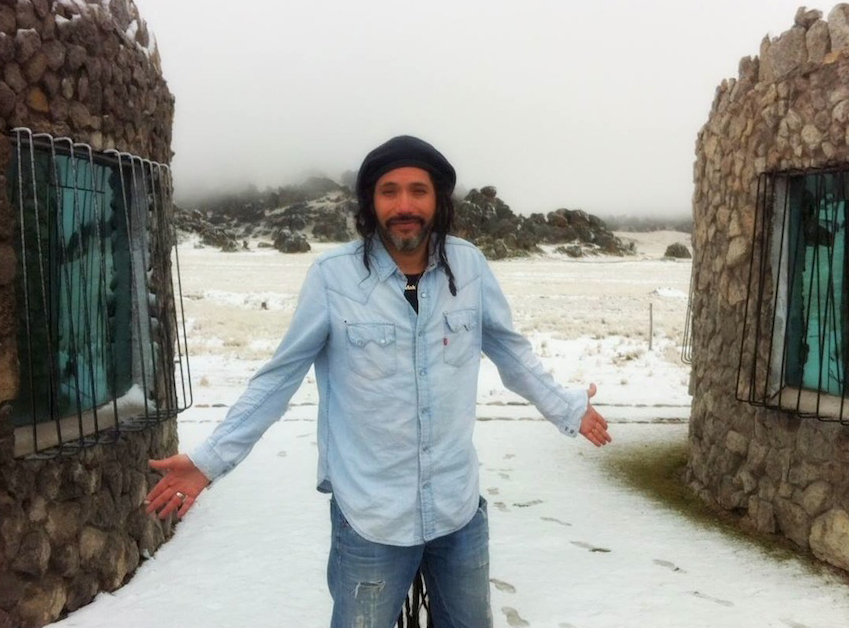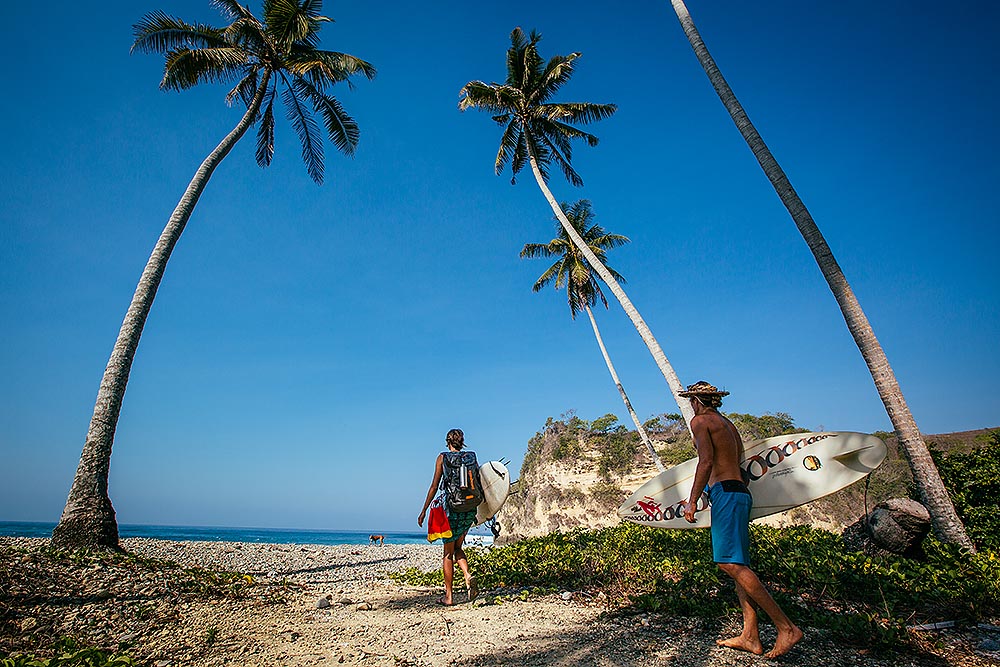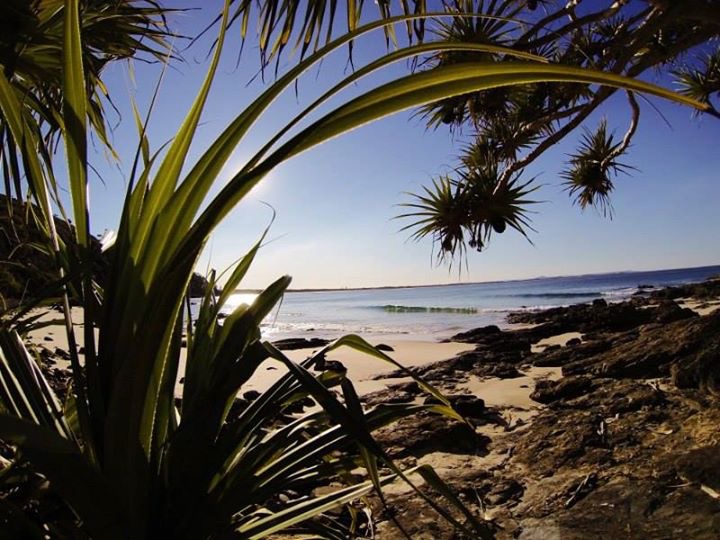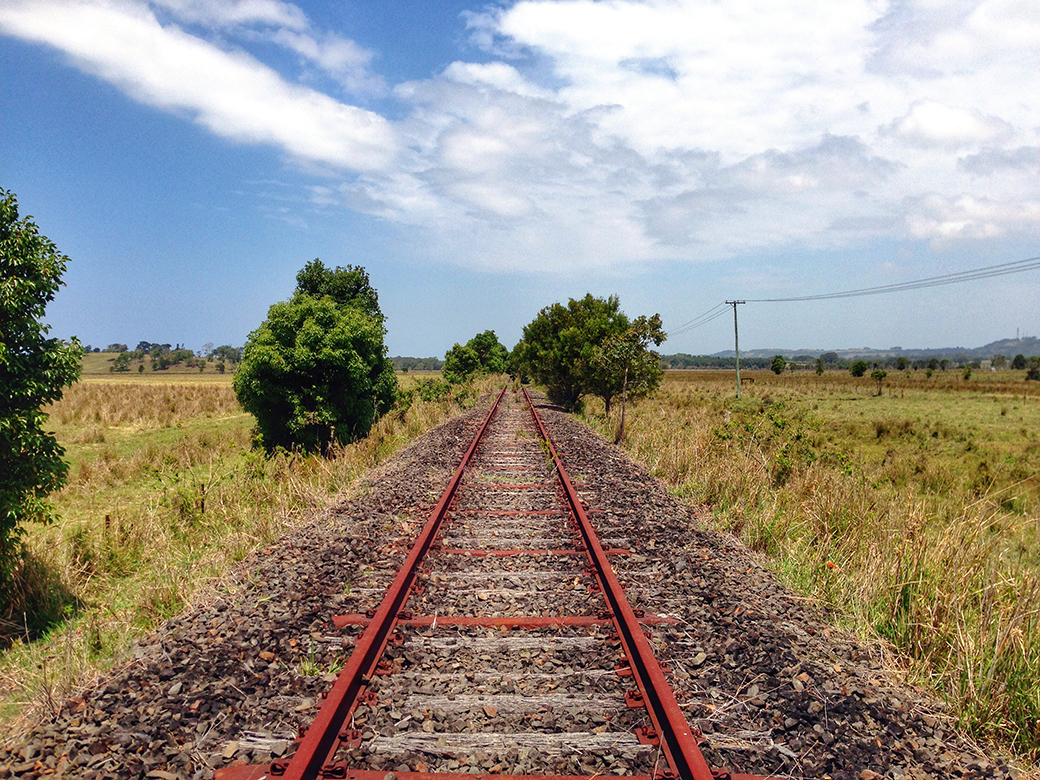
QUIQUE NEIRA | BOOMERANG FESTIVAL
Through a crackly line from somewhere in the depths of the bustling Chilean capital, Quique Neira’s smooth, Hispanic voice emerges from my telephone. He is in the grips of a whirlwind, he declares, briefly returning to his hometown of Santiago after a north-to-south tour of Mexico, a host of gigs in Peru and several stops in his homeland. And it’s not stopping there. Album promotions, interviews, a constant and steady stream of performance dates, all punctuated by his first ever trip to Australia for the inaugural Boomerang Festival are all adding to an exciting and dynamic latter-2013.
“When I was a kid, just starting out in music, I would never have imagined that I’d be travelling to Australia to perform”, Quique informs me. “I’m so excited!”
Quique Neira was born in the poorer districts of Santiago. His youth was spent with a heavy influence of traditional music and culture in the oppressive environment of a dictatorship.
“I started making music in a generation that had just emerged from some incredibly tough political times, so it was very difficult,” he reflects of his early steps in the industry. “But, although this was very hard, a real struggle living under this dictatorship, I came out of this reality and it made up my state of consciousness and my beliefs.”
Unlike the Latin American folk stylings of traditional Chilean music, Quique chose reggae as his modus operandi, his genre of choice. Introduced to Bob Marley in the mid‘80s, he recognized immediately the parallels between the theme of Marley’s lyrics and his own life.
“I discovered reggae right at the time of a lot of protests against our government. Back in those days, I was listening to many Chilean musicians who sang about this unfair situation. I remember, in 1987, I listened to Bob Marley’s ‘Get Up, Stand Up’ and at that moment, I realized that Bob Marley was in exactly the same situation. The only difference was that he was in the Caribbean and my reality was South America. It made me realize that I could take this style of music, and make reggae in Spanish.”
Despite not being an immediate representation of his nation’s cultural music heritage, Quique’s Jamaican influence lends itself perfectly to a reflection of Chile’s people and their problems. And although taking his primary inspiration from the Caribbean, he recognizes that, without a childhood steeped in the sounds of his country’s leading musical icons, his would be a very different style.
“In some ways, all musicians are the conclusions of all the things we hear in our entire life. We synthesise everything that we hear, and from that platform we make new music. I do have a lot of Chilean influence in my music, unconsciously maybe, but you can hear it. But my music has everything. You can hear a lot of rock n’ roll, a lot of blues.
“It’s so important to keep that consciousness alive [with events such as the Boomerang Festival].”
As with many indigenous musicians around the world, Quique Neira has based his style very much on a contemporary genre. But, also just like his peers, he is very proud of his heritage and quick to admit its profound influence upon his musical career.
“In the last ten years, I think that Latin reggae has found it’s own goal. It has become its own poetry.”
The Boomerang Festival brings together the more traditional sounds and perspectives of this culture – this is its fundamental intention. But beyond that, and just as strongly, it will unify the traditional and the contemporary, showcasing indigenous artists with a more mainstream slant on their work. Music is organic, continually evolving and finding inspiration through culture, heritage and mass media alike. To preserve the music of the past is to make the music of the future.
– This article first appeared on Common Ground Australia on Sep 7, 2013

THELMA PLUM
THROUGH BLINKERED EYES
You May Also Like

NGALUNG KALLA | FROM THE EARTH
August 10, 2021
SOULCAGES
July 23, 2015

